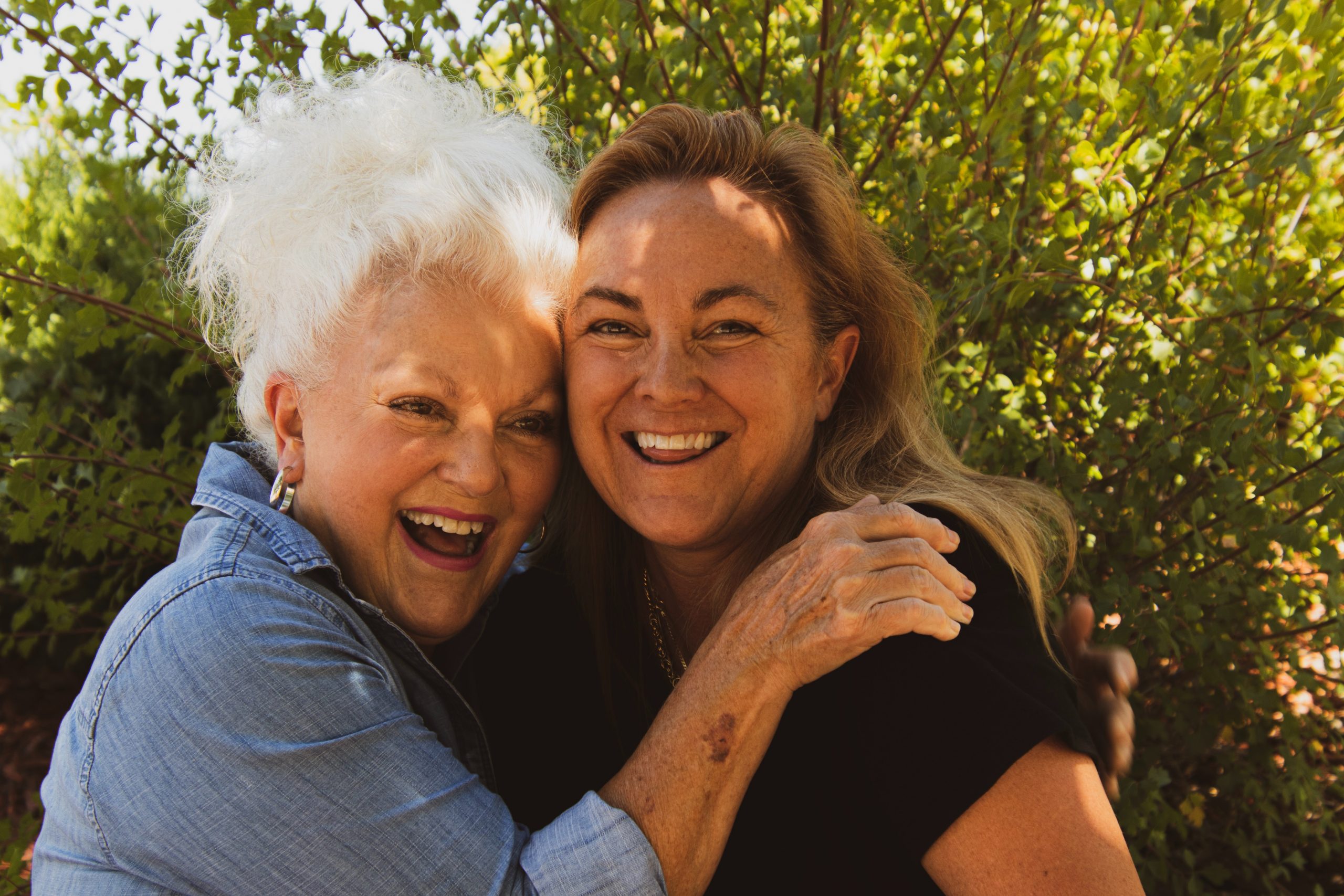
Fun Questions to Ask Dementia Patients
Engaging dementia patients in meaningful conversations can be challenging, but it is essential to their well-being and cognitive abilities. Creating positive interactions and stimulating memories and emotions is possible by asking fun questions. In addition to promoting social connections, these questions encourage reminiscence, boost self-esteem, and boost self-esteem. This article explores 16 fun questions to ask dementia patients to foster engaging conversations and bring joy into their lives.
The Benefits of Communication for Dementia Patients
Communication with someone with dementia can be challenging and rewarding at the same time.
Dementia patients can express their thoughts, feelings, and experiences through conversation. They benefit from effective communication in many ways, including cognitive stimulation, emotional connection, improved mood, validation, and social interaction. In spite of dementia’s challenges, engaging them in meaningful conversations that spark memories and emotions can significantly enhance their happiness and well-being. Below are some fun questions to ask dementia patients:

1. What’s Your Favourite Childhood Memory?
By asking about childhood memories, dementia patients can reminisce about a time that was full of innocence and joy. It gives them a chance to recall and share meaningful memories from their youth by asking this question.
2. If You Could Travel Anywhere in the World, Where Would You Go?
By asking this question, dementia patients can express their desires and dreams and stimulate their imagination. In addition to inviting them to revisit their sense of adventure, it also opens up discussions about different countries, cultures, and experiences they may have had or wish to have.
3. What Is Your Favourite Holiday?
The holidays and celebrations are filled with joyous moments and traditions. Dementia patients can share stories about their favourite holidays, their cherished customs, and the comfort of being with loved ones by asking about their favourite holidays.
4. Do you Have Any Favourite Jokes or Riddles?
The power of humour is its ability to create connections and lift moods. You can create a lighthearted atmosphere by asking dementia patients for their favourite jokes or riddles, stimulating their sense of humour and stimulating their sense of humour.

5. What Was Your Favourite Subject in School?
Reminiscing about school days can be nostalgic for dementia patients. By asking about their favourite subjects, you can evoke memories of teachers, classmates, and specific moments of success, which will boost their self-esteem.
6. Did You Have Any Special Talents or Hobbies When You Were Younger?
Dementia patients can regain their sense of identity and passion by reflecting on their skills and hobbies. This gives them a chance to share stories and anecdotes about their youth.
7. What Is the Best Piece of Advice You’ve Ever Received?
The purpose of this question is to allow dementia patients to reflect on wisdom that has been passed down to them throughout their lives. As a result, they can impart their knowledge and experiences to others, as well as share valuable life lessons and insights they’ve acquired.
8. Who’s Your Favourite Writer?
The books we read can take us on a journey to different worlds. It is possible to unlock memories associated with beloved characters and captivating narratives by asking about their favourite book or author.
9. What Is the Most Interesting Place You Have Ever Visited?
The discussion of memorable travel experiences triggers stories and helps dementia patients recall the details of fascinating destinations. As well as sparking joy and a sense of adventure, it can stimulate discussions about different cultures, landscapes, and encounters.

10. What Was Your Favourite Type of Music Growing Up?
Emotions and memories are evoked by music in a unique way. Music genres and artists from their youth can bring back cherished memories, spark conversations about concerts and dances, and create a relaxed atmosphere.
11. What Is Your Favourite Animal?
Dementia patients are more likely to share their affinity for specific creatures and the reasons behind their choices when asked about their favourite animal. Discussing experiences with animals can lead to discussions about pets and wild encounters.
12. Can You Share a Funny or Memorable Story from Your Past?
Patients with dementia can relive happy moments by sharing funny or memorable stories. Aside from bringing positive emotions, these anecdotes can range from silly childhood experiences to humorous adult moments.
13. What’s Your Favourite Movie or TV Show?
It is not uncommon for movies and television shows to leave a lasting impression on our memories. When asked about their favourite movie or TV show, dementia patients can recall their preferred entertainment, favourite characters, and memorable scenes that have stayed with them for a long time.
14. Did You Have Any Nicknames Growing Up?
In many cases, nicknames have Heartfelt value and evoke memories of childhood friendships and family relationships. Getting to know dementia patients’ nicknames fosters connections and joy by encouraging them to share stories behind these nicknames.
15. Who Was Your Childhood Hero or Role Model?
Asking about their childhood hero or role model opens discussions about influential figures in their lives. These role models can range from historical figures to family members, inspiring conversations about values, aspirations, and their impact.

16. What Is Your Favourite Outdoor Activity or Sport?
The purpose of this question is to encourage dementia patients to recall their youth physical activities and reminisce about them. Whether hiking, swimming, or playing a sport, discussing their favourite outdoor activities can bring back fond memories.
Be patient and flexible when talking with someone with dementia, allowing them time to respond and express themselves. Keep the conversation flowing by encouraging their reminiscences and providing positive reinforcement.
Final Words
For individuals with dementia, communication can have numerous benefits. Engaging with others can provide social connection and reduce isolation. It can also stimulate cognitive functioning, memory, and overall well-being. Therefore, communicating with those who have dementia can greatly enhance their quality of life.
What if they fail to answer the questions about childhood or working years?
In my role as a caregiver, I’ve learned that patience and empathy are essential when dealing with challenging situations. Redirecting the conversation towards topics that the person feels more at ease discussing can have a positive impact on their engagement. By focusing on their current interests and the present moment, it’s possible to have meaningful interactions despite any cognitive difficulties.
My grandmother has vascular dementia, sometimes it’s impossible to talk to her.
I’m sorry to hear that. I understand that communicating with them can be challenging at times. However, it’s important to remember that your presence and understanding can mean a lot. You can try engaging with them through simple gestures, soothing music, or shared activities, even if it’s hard to find the right words. This can help create connections and strengthen your relationship.
My grandma had vascular dementia. The simple act of asking a lighthearted question to a dementia patient can bring them heartwarming moments.